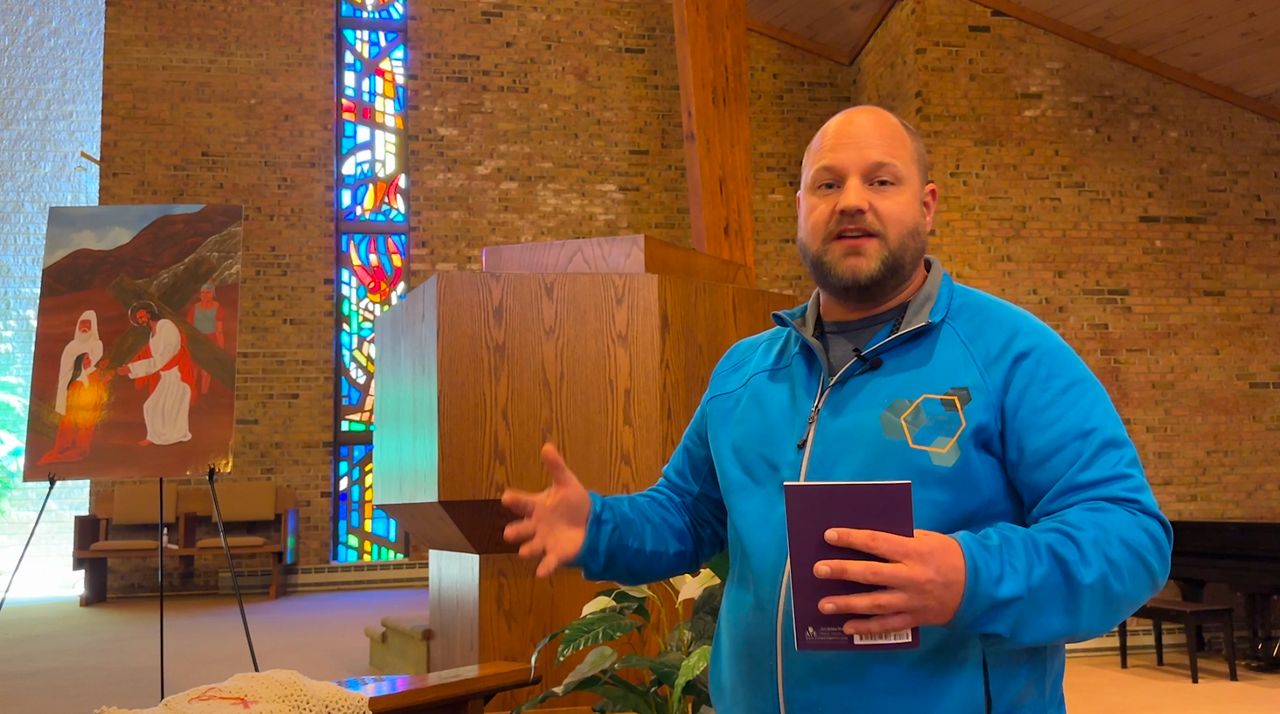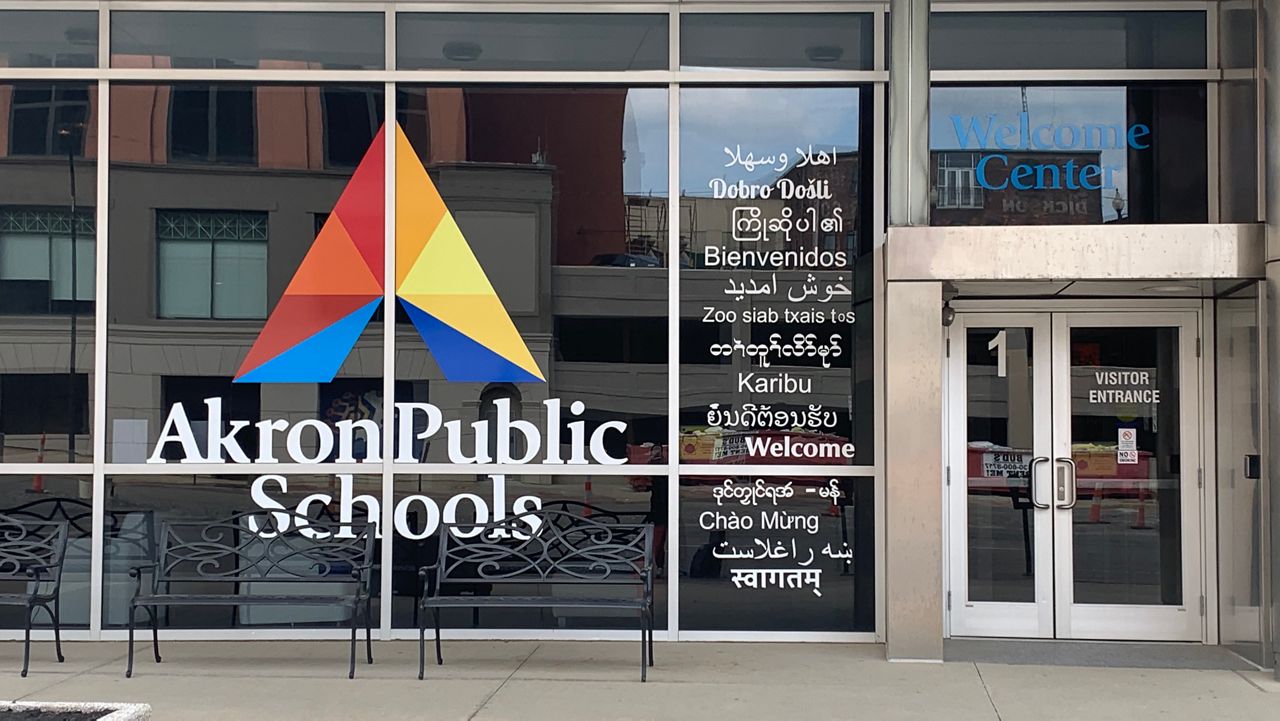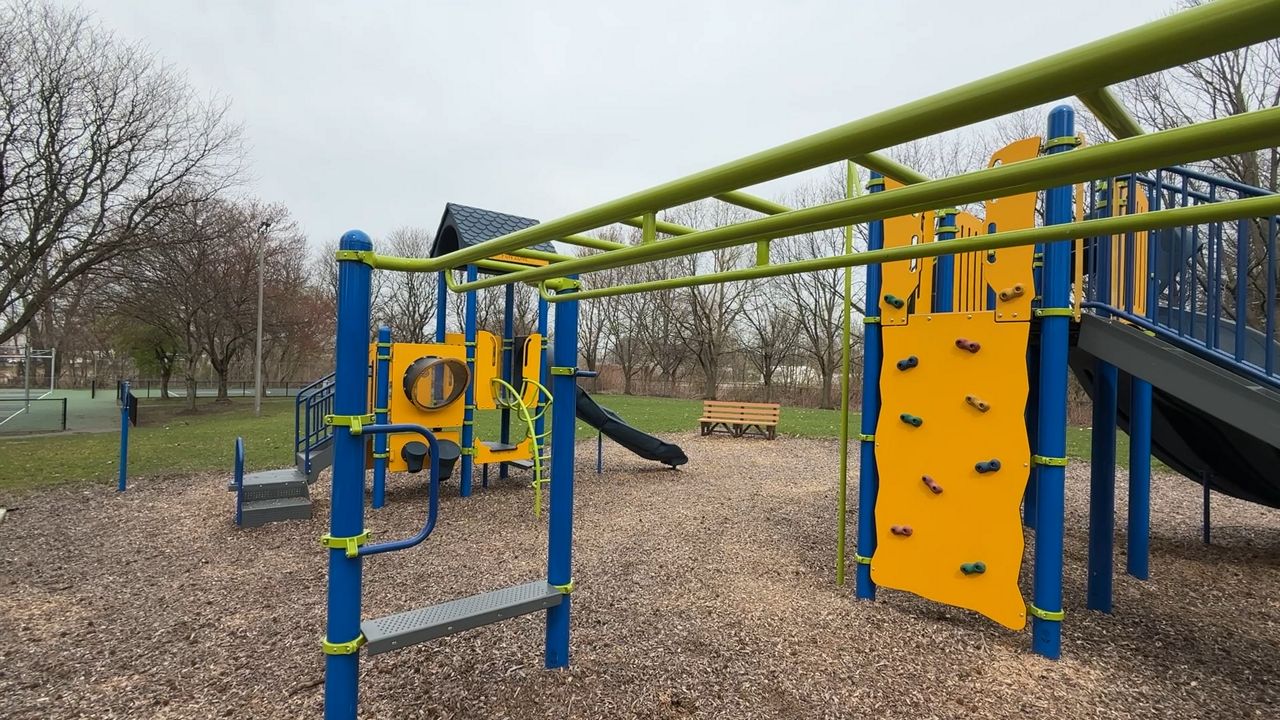AKRON, Ohio — The grand jury has started the process of deciding whether any of the eight Akron police officers who shot and killed Jayland Walker will face criminal charges.
Bobby DiCello, legal council to the Walker family, released a statement and said under Ohio law, the officers could be invited to testify before the grand jury on their own behalf, but ordinary citizens who are not officers are not afforded the same privilege.
“It’s a process that favors the officers,” DiCello said in the statement.
Michael Benza, a professor of practice at Case Western Reserve University School of Law, explained that in the grand jury process, prosecutors have complete of control over who the witnesses are and who they will call to testify.
“It’s going to probably be the most critical evidence, is what the officers say, and then whether the juror members actually believe what they say about what they were doing or thinking and things like that,” Benza said. “So there is a risk for the officers that the grand jury could decide that they are not credible and return those indictments.”
The process of presenting evidence could take up to a week and and the grand jury's decision could come as quickly as a day or as long as a week.
The jurors will vote on each charge and seven out of nine votes are required to issue an indictment.











